The views expressed in our content reflect individual perspectives and do not represent the authoritative views of the Baha'i Faith.
Returning violence for violence multiplies violence, adding deeper darkness to a night already devoid of stars. – Martin Luther King, Jr.
O ye lovers of God! In this, the cycle of Almighty God, violence and force, constraint and oppression, are one and all condemned. – Abdu’l-Baha, Selections from the Writings of Abdu’l-Baha, p. 149.
My wife Teresa and I lived in Los Angeles in 1992, and both of us worked in places where the L.A./Rodney King civil unrest broke out. That uprising—a sudden explosive release of an entire community’s suppressed mass anger and rage—ended the lives of 58 people and almost ended in tragedy for us. My wife and our mutual friend Lois Willows were standing on the sidewalk outside the L.A. Baha’i Center at the intersection of Rodeo Road and La Cienega when the rioting began. That corner became one of the raging epicenters of the burning, looting and killing the riots provoked. When a carload of cursing, shouting, armed men came speeding toward Lois and Teresa, they had to run for their lives. They barely made it back inside the Baha’i Center in time. Soon every building on that corner—except the Baha’i Center–erupted in flames.
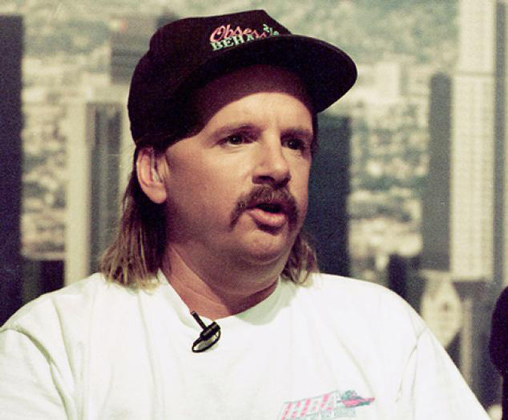
Reginald Denny
After the hellish week of civil unrest ended, I met a man named Reginald Denny, who wasn’t so lucky on that first day. While driving his dump truck through a South Los Angeles intersection, rioters pulled Denny from the cab and savagely beat him nearly to death while a helicopter news crew broadcast the live footage nationwide. The beating happened randomly, and only because Denny was white. The enraged rioters–six young black men–also attacked Latino and Asian motorists. A group of four people—three black and one Asian—risked their lives to rescue Denny after seeing him beaten on television.
The hospital that treated Reginald Denny and saved his life became a worldwide media focal point during the next several weeks, and I spent a substantial amount of time there as a result. Denny survived, although his severe wounds—91 skull fractures–permanently disabled him, affecting his speech and his ability to walk. Later he became a symbol of forgiveness and reconciliation when he embraced his main assailant’s mother and many other family members at the ensuing attempted murder trial. He graciously accepted their apologies and warmly hugged them all. Denny and one of his assailants, Kiki Watson, then appeared on the Phil Donahue Show, where they shook hands and Watson publicly apologized.
In the hospital, Reginald Denny got 27,000 get-well cards. He told NBC News that not one of them said anything about race: “They didn’t care. I didn’t care. And what was really cool is when I got blood in the hospital. Did anyone check to see what color that blood was? Probably red.”
“People seem to forget it was black folks that saved my life,” Denny later said. “On one hand, there were some out there to try to kill me or do me in. On the other hand, they are trying to save me because I’m not the enemy, and believe me I am not the enemy.”
Reginald Denny’s remarkable level of forgiveness and kindness toward his own assailants made a huge contribution toward the healing Los Angeles desperately needed after the uprising. Reginald Denny exemplified one of the most important Baha’i principles:
…if the victim chooses to forgive and to show instead the greatest mercy, this is most approved in the sight of God. – Abdu’l-Baha, Some Answered Questions, newly revised edition, p. 308.
Among the teachings of Baha’u’llah is one requiring man, under all conditions and circumstances, to be forgiving, to love his enemy and to consider an ill-wisher as a well-wisher. Not that he should consider one as being an enemy and then put up with him, or to simply endure him, or to consider one as inimical and be forbearing toward him. This is declared to be hypocrisy. This love is not real. Nay, rather, you must see your enemies as friends, ill-wishers as well-wishers and treat them accordingly. That is to say, your love and kindness must be real. – Abdu’l-Baha, Star of the West, Volume 3, p. 193.
If we truly believe in the oneness of humanity; if we understand that all people come from the same Creator; if we can find ways to feel forgiveness and mercy toward those who take out their anger on us; if we believe in spreading peace rather than answering violence with more violence; then we’ve each reached a remarkable level of spirituality, love and understanding.


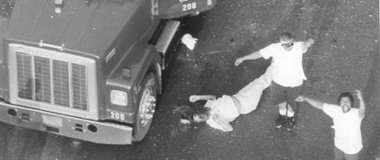

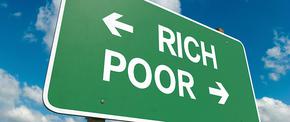
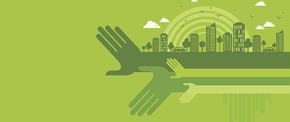


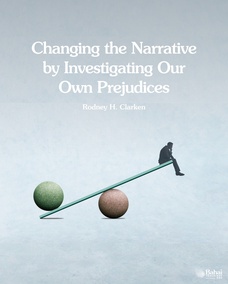

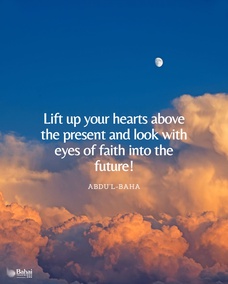
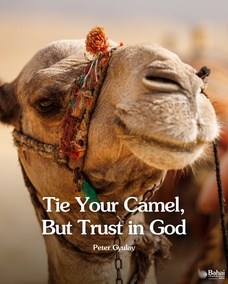
![[God] hath made woman and man to abide with each other in the closest companionship, and to be even as a single soul. They are two helpmates, two intimate friends, who should be concerned about the welfare of each other. If they live thus, they will pass through this world with perfect contentment, bliss, and peace of heart, and become the object of divine grace and favour in the Kingdom of heaven. But if they do other than this, they will live out their lives in great bitterness, longing at every moment for death, and will be shamefaced in the heavenly realm. Strive, then, to abide, heart and soul, with each other as two doves in the nest, for this is to be blessed in both worlds. – #AbdulBaha #Love #Marriage #Companionship #BahaiFaith
(Selections from the Writings of ‘Abdu’l-Bahá, paragraphs 92.1–92.3)](https://media.bahaiteachings.org/sb-instagram-feed-images/487782836_18497319871023335_4819806972653811469_n__v284x284__.jpeg)
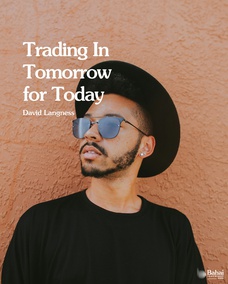
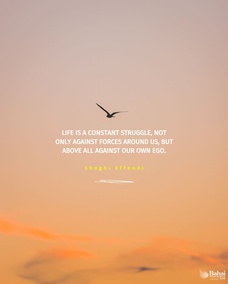

Comments
Sign in or create an account
Continue with Googleor